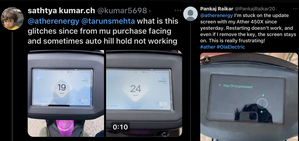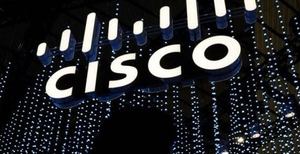Apple Car Project Cancelled, Most Employees Shifted To GenAI

Apple Inc. has made a surprising announcement, revealing plans to cancel its ambitious decade-long project to build an electric car. This decision, disclosed internally on Tuesday, shocked nearly 2,000 employees who were working on the project, according to a report published by Mark Gurman of Bloomberg.
The report quoted Chief Operating Officer Jeff Williams and Kevin Lynch, a vice president overseeing the effort, who delivered the news, indicating that the project, known as the Special Projects Group (SPG), would be winding down.
Many employees from the car team will be transitioned to the artificial intelligence division under executive John Giannandrea, where they will focus on generative AI projects, which have become a priority for the company.
The decision to cancel the project marks a significant shift for Apple, as it signifies the end of Project Titan, an ambitious endeavour that aimed to position Apple in the electric vehicle (EV) industry. The project, which began around 2014, aimed to develop a fully autonomous electric vehicle featuring advanced technology such as voice-guided navigation and a luxurious interior reminiscent of a limousine. However, Project Titan faced numerous challenges and setbacks from the start, with Apple changing leadership and strategies multiple times.
In recent years, Lynch and Williams took charge of the project, following the departure of Doug Field, who now holds a senior executive position at Ford Motor Co. Despite years of development and testing, Apple was still far from producing a viable car. Challenges included designing the vehicle’s exterior, developing self-driving technology, and addressing concerns about the cooling EV market.
While Apple had road-tested its self-driving system using Lexus SUVs and conducted tests on a track in Phoenix, it struggled to crack the self-driving technology, an essential component of its envisioned electric car. Additionally, the cooling market for EVs posed challenges, with other automakers, including General Motors and Ford, pivoting to hybrid vehicles due to lacklustre demand and manufacturing bottlenecks.





